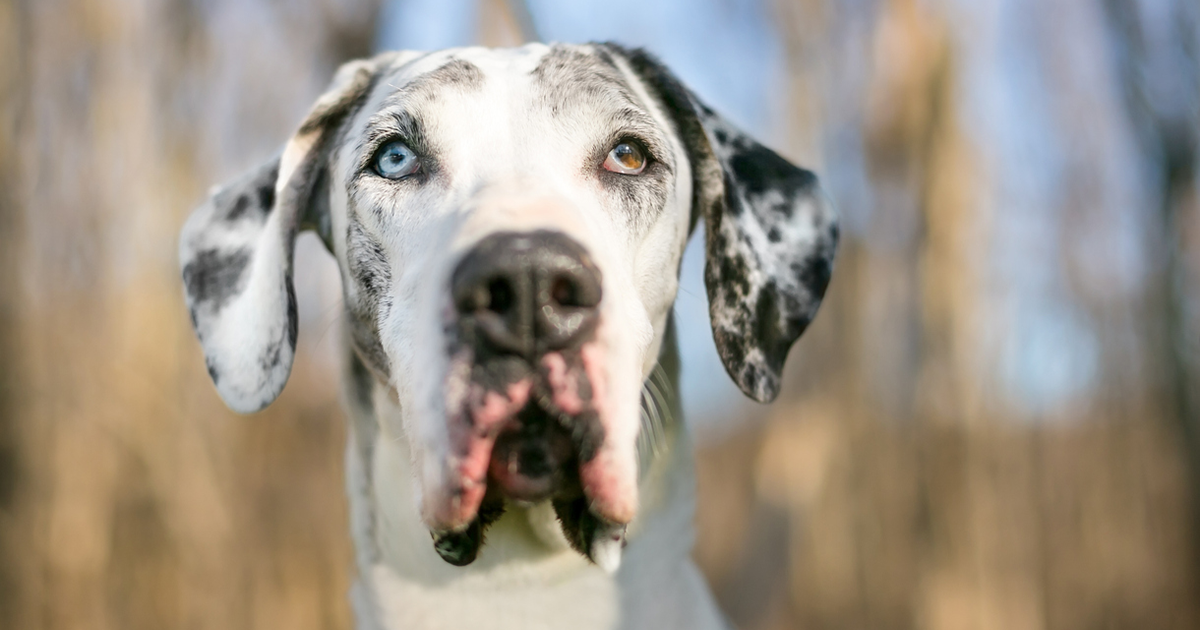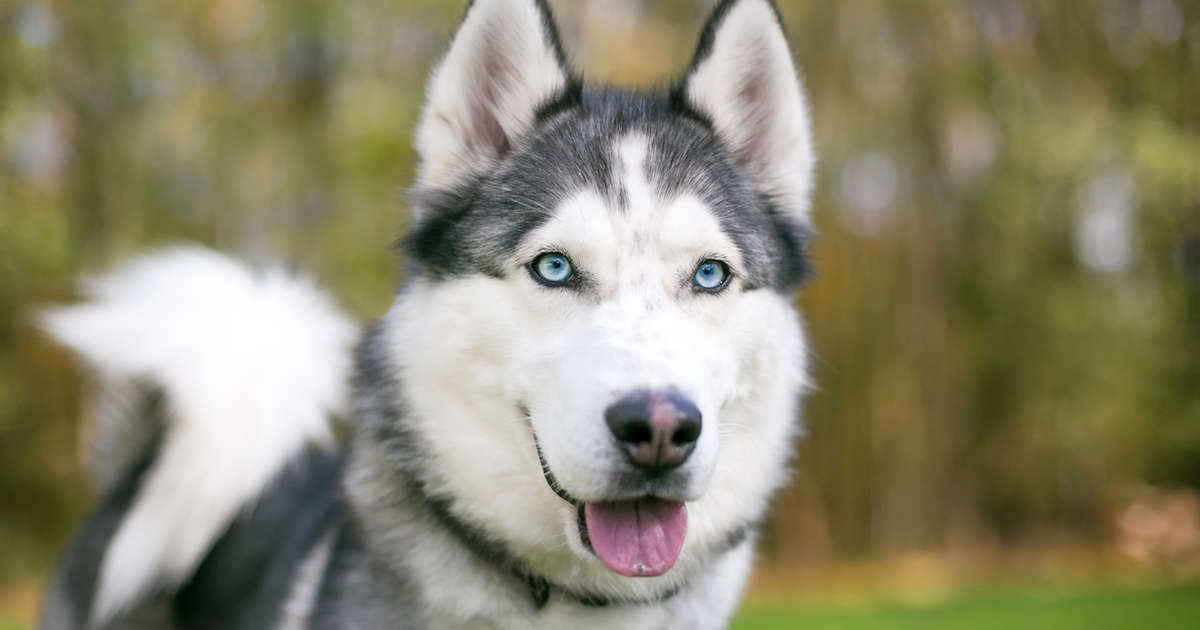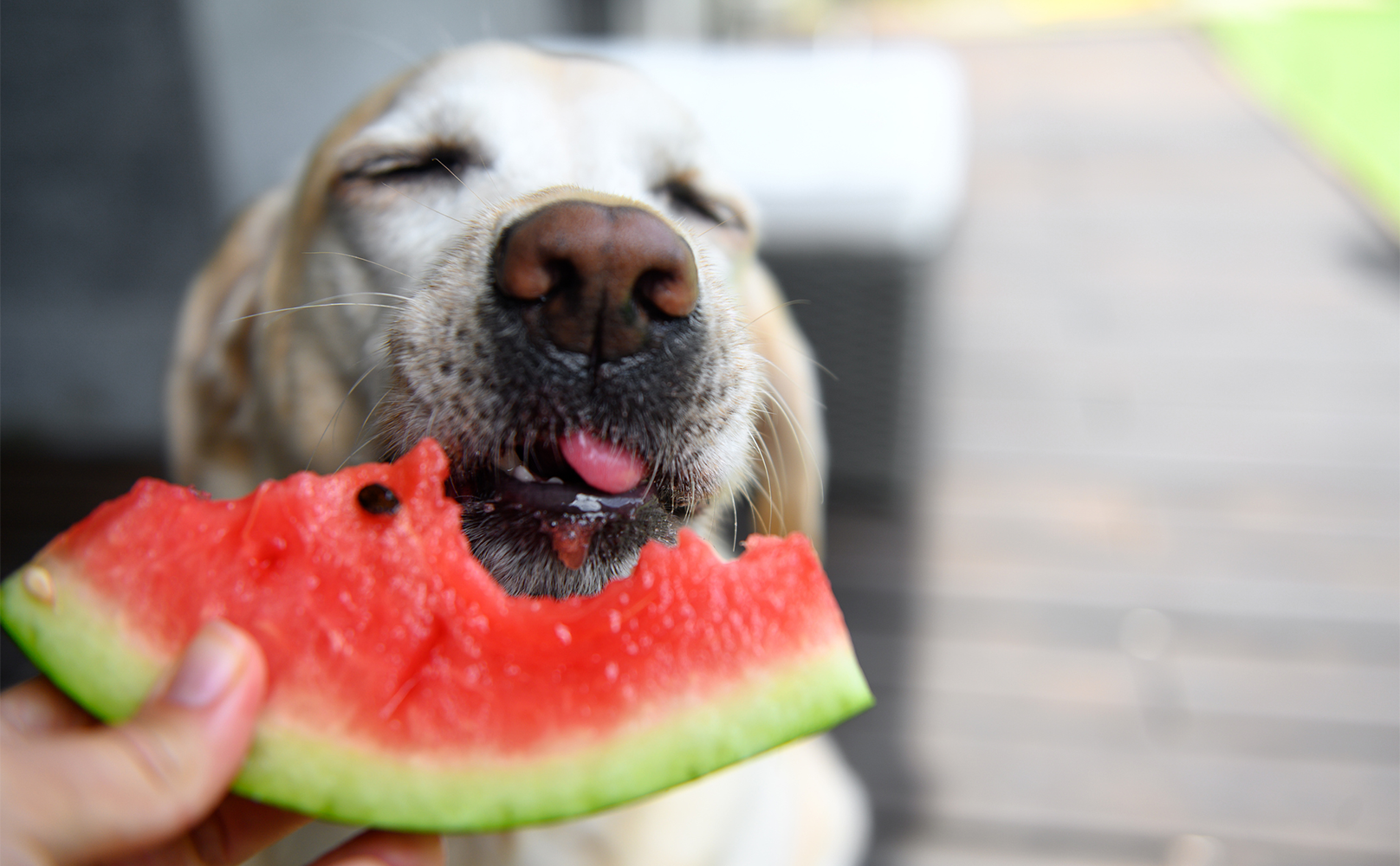I get it: you and your dog share everything. Food, water, a bed, perhaps an occasional ice cream cone… I’m the same way. But the recent CDC report on the first ever dog-to-human plague transmission had me wondering: am I sharing anything with my pup that I want to avoid like, well, the plague?
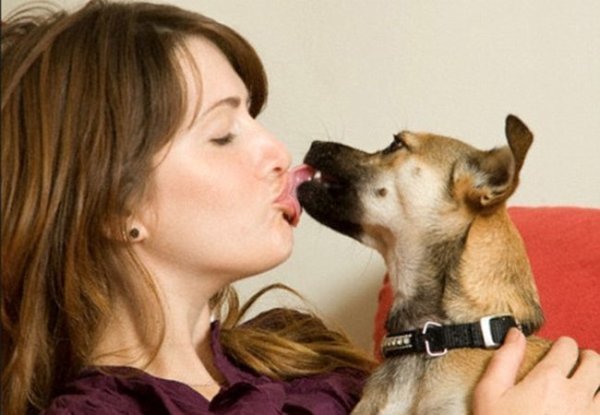

As new tools enter main-stream modern medicine, researchers are discovering more and more situations in which our canine companions can transmit diseases to hoomans, especially when said biped has a weakened immune system. But fear not! Ohio State University and pawtner institutions have gathered the newest info from over 500 worldwide studies to help us not only identify, but also avoid the top dog-to-human jumping germs.
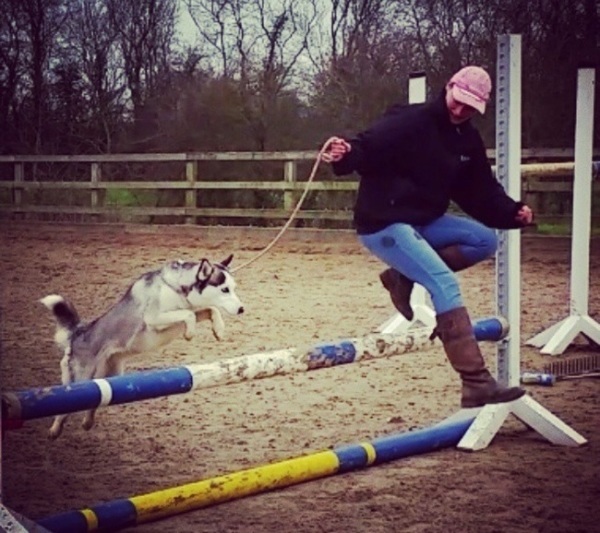

Salmonella, E. coli and roundworms are three of the top hard-hitting zoonotic diseases (diseases that are communicable from animals to humans under natural conditions) from among 20 different types commonly caught. And the biggest risk factor for transmission? The human immune system. IE: the weaker the individual system, the higher the risk. So in addition to adults with compromised immunity from medications or illness, children, the elderly, and pregnant women need to take the most precautions.


What does being careful entail? Knowledge is key above all else. As Jason Stull, assistant professor of veterinary preventive medicine at Ohio State says:
“Surveys suggest that most veterinarians and physicians do not regularly discuss zoonotic disease risks with clients, patients or each other. That needs to change if we are going to effectively reduce pet-associated diseases.”
In addition to discussing your household’s and pet’s health with your own doctor, also be aware of age-specific vulnerabilities in animals. Puppies shed some nasty organisms that adult animals don’t, so if you have a child experiencing ongoing medical treatment, an adult dog might be a better choice.
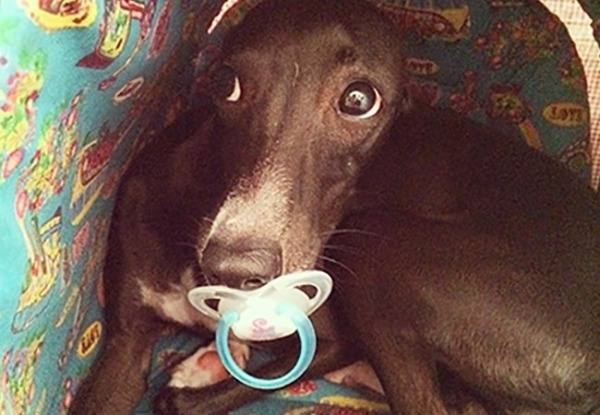

And regardless of human and pet age and immunity, always follow these safety steps when interacting with your fuzz-butt family:
• Wear protective gloves to clean cages and remove feces.
• Properly wash your hands after pet contact.
• Cover playground boxes/ dens when not in use.
• Regularly clean and disinfect pup crates, feeding areas and bedding.
• Locate litter boxes away from areas where eating and food prep occur.
• If you’re sick, wait to get a new pet until your immune status has improved.
• Regularly schedule vet visits for all your pets.
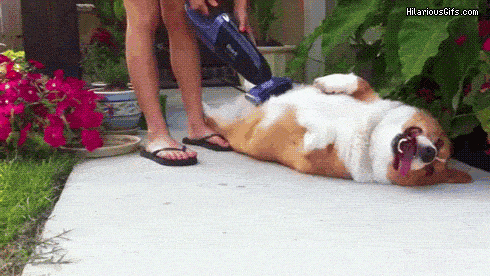

Stay healthy, pups!



